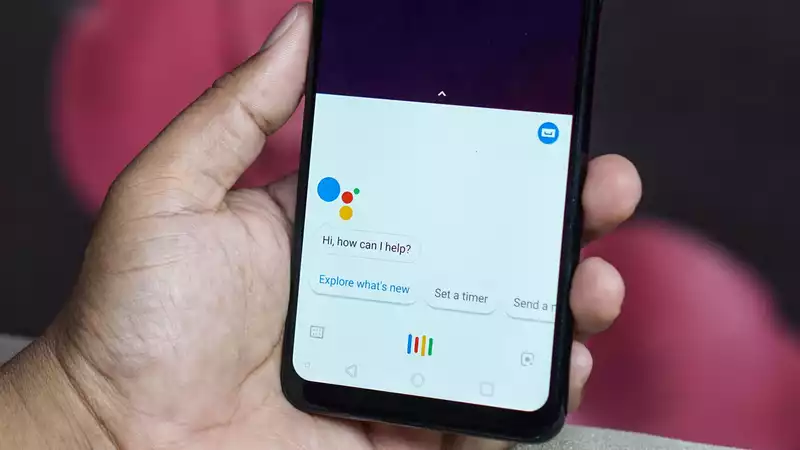Google Assistant is already pretty smart, but there are a number of updates underway to make it even smarter
The updates are detailed in an official Google blog post and mainly relate to the way the Assistant handles context and natural speech Chief among them are new skills for properly pronouncing and recognizing contact names and remembering past conversations when completing tasks
Google Assistant sometimes makes mistakes when pronouncing uncommon or difficult names, but with this update, it will be able to teach you how to pronounce them
And it looks easy to use As the video below shows, you can now select the option to "record yourself" pronouncing a name, and the assistant will use your voice to learn how to pronounce that name
Importantly, Google adds that it will not retain a "recording of your voice" after it hears you pronounce a person's name The feature will be rolled out over the next few days and will initially be available only in English, but Google said it plans to add the feature to other languages as well
Google also said that it has restructured the Assistant's natural language understanding (NLU) to address the elasticity of everyday conversations and to better understand exactly what you are asking the Assistant
One of the main benefits of this improvement is that the Assistant now responds "100 percent accurately" to timer tasks and alarms you set
For example, if you have multiple timers running at the same time, it will be able to more accurately understand which timer you want to cancel or which timer you want to change its run time Also, when you cancel a timer, you do not necessarily use the exact same phrase as when you created the timer
These new context-awareness capabilities are made possible by an upgrade to the state-of-the-art BERT technology that Google invented in 2018, which processes words in relation to all other words in a sentence, rather than processing them one at a time in sequence
The update is currently available for alarms and timers on the US English-language Google Smart Speakers and will soon be available for phones and smart displays
Additionally, Google Assistant will be much better for much more natural conversations by using previous questions to inform your follow-ups
In the example below, the first question about the weather in Miami is followed by a question about the beach, then a question about the building
Each time, the Google Assistant understands that the follow-up was in the context of the first and responds accordingly Google also takes into account what you may be looking at on your phone or tablet screen when you ask the question, he explained
Other recent Google Assistant updates include the ability to perform tasks without a wake phrase and locate your phone
More The Best Google Assistant Commands in 2021 [29]










Comments